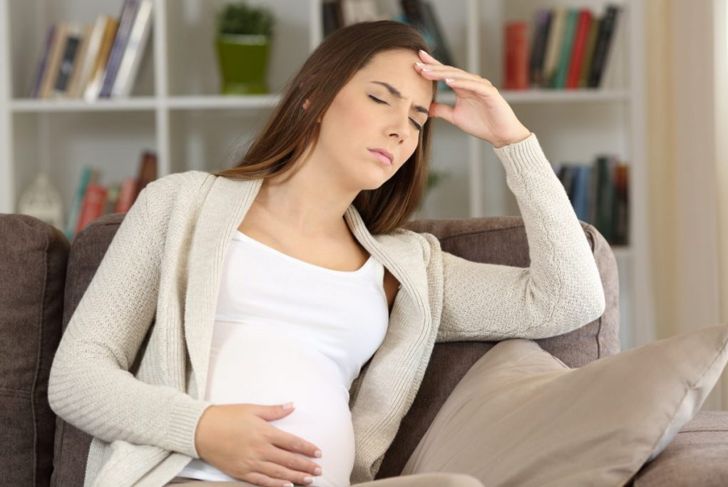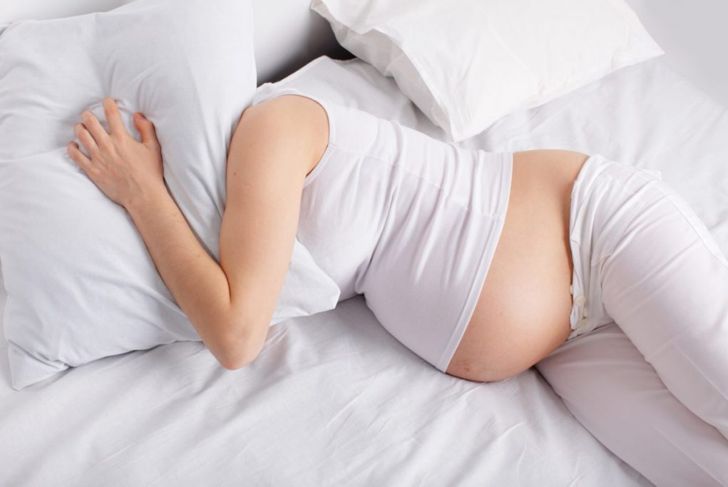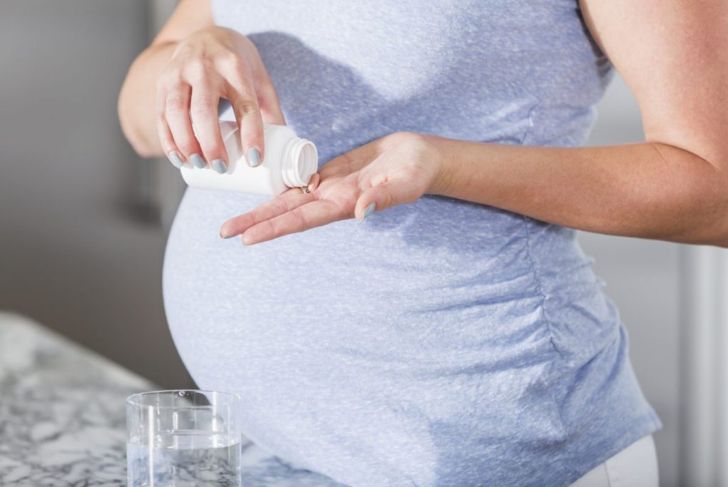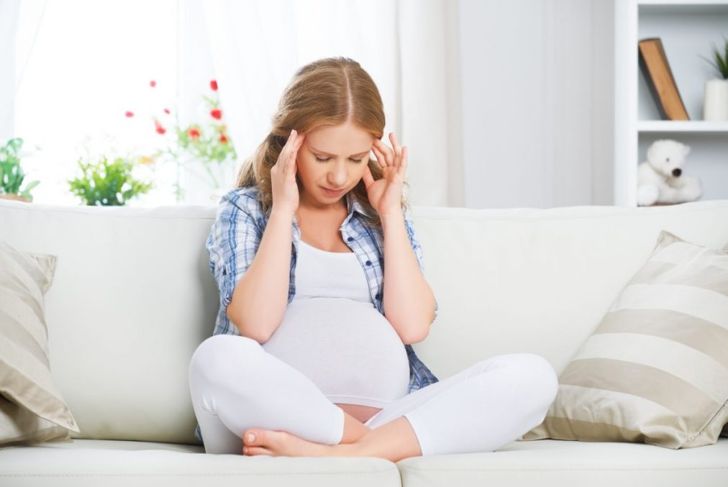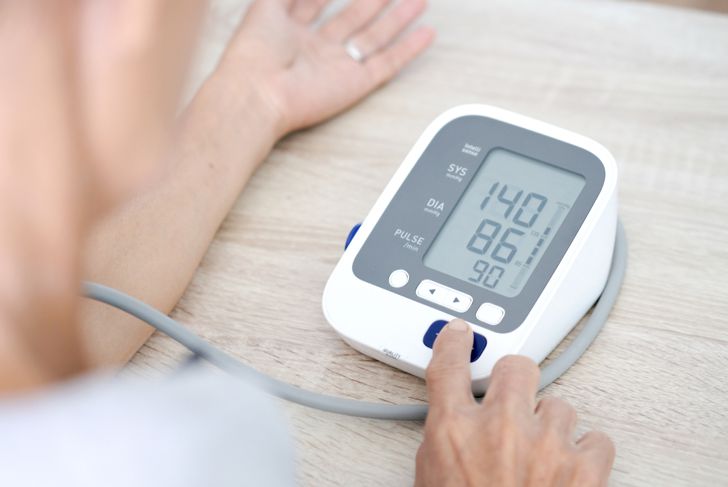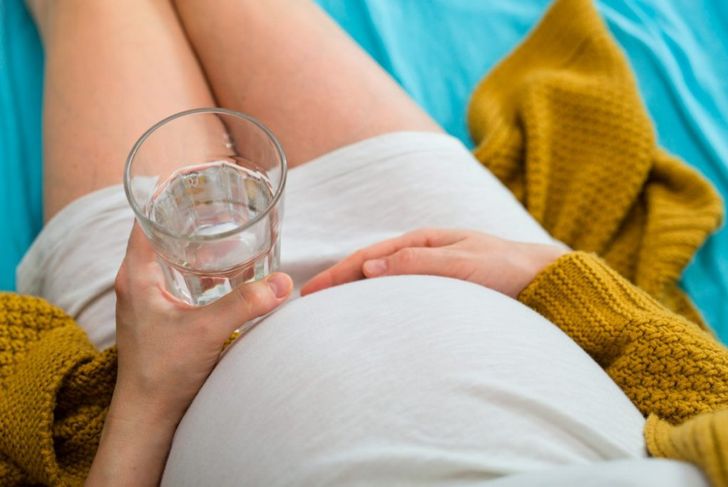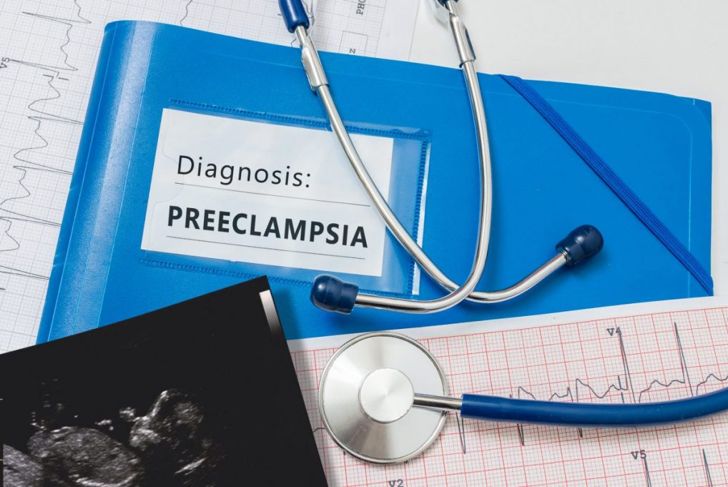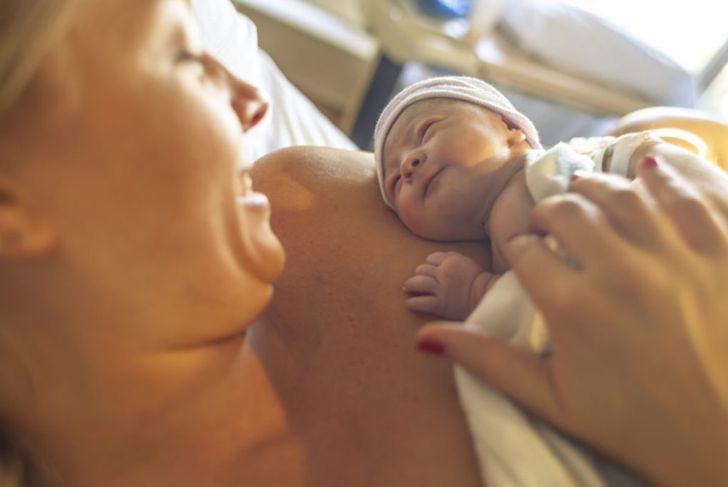Many women find that they experience frequent headaches during pregnancy. These headaches can have various causes and can range from mild to severe. Headaches are most commonly experienced in the first trimester, although some women find that they return in the third trimester.Headaches in pregnancy can be very uncomfortable for expectant mothers. However, most types of headaches in pregnancy do not cause any harm or distress to the baby. There are certain circumstances where headaches are a cause for concern, and it’s important to know when to seek help.
Common Causes
Pregnancy headaches are often caused by the rapid hormonal changes experienced by women during the first trimester. During pregnancy, the volume of blood present in the body rapidly increases to help support a growing pregnancy. This also makes headaches more likely.As the baby grows and becomes heavier, this can affect the woman’s posture. Poor posture is a known cause of headaches whether the person is pregnant or not. Some women also find that pregnancy can be stressful as they adjust to changes in lifestyle and worries about impending motherhood. Stress can cause pregnancy-related headaches to develop or become worse.
Symptoms of Tension Headaches in Pregnancy
The most common type of pregnancy-related headache are tension headaches. These are not usually severe. They are what many people would think of as an ‘everyday’ headache. If the woman experienced tension headaches before pregnancy, it’s normal for them to become more frequent once she’s expecting a baby.The most common symptoms of a tension headache are a squeezing, pressing sensation or a dull aching feeling on either side of the head. Some women also feel discomfort in their neck when they have a tension headache.
Medication for Tension Headaches
Pregnant women need to be cautious when taking painkillers for headaches during pregnancy. This is because some medications can cross the placenta and cause potential harm to a growing baby. For this reason, it’s a good idea to consult with a doctor before taking pain medication, even if the medicine is bought over-the-counter.Paracetamol is safe for most women to take in pregnancy as long as they stay within the recommended daily dose. Anti-inflammatory medications are not usually recommended for use during pregnancy. Some women may be told by their doctors to take aspirin while they are pregnant. However, this is not suitable for every women. For this reason, aspirin should only be used for headaches in pregnancy if it’s been specially prescribed. A doctor may prescribe other types of painkillers if the woman’s headaches are severe or very frequent.
Migraines in Pregnancy
Some women who experienced migraines before they became pregnant find that their headaches improve once they’re expecting. This is most likely if their migraines were previously linked to their menstrual cycle. However, many women find that their migraines continue or become worse during pregnancy. Symptoms include severe pain in the head, nausea and vomiting, aversion to light and seeing ‘auras’ such as flashing lights before the migraine starts.If a woman knows she has migraines, she should get advice from her doctor as soon as possible so that there’s a plan in place if her migraines occur during pregnancy. This is because the medications she may have been using to manage her migraines pre-pregnancy may not be safe to use. However, a doctor may continue to prescribe migraine medication if the benefits to the woman outweigh the potential risks to the baby.
Preventing Migraines in Pregnancy
Some women are aware of the factors that trigger their migraines. For example, some people’s migraines are triggered by particular foods or stress. In these cases, avoiding the factors that triggered migraines before pregnancy can also help to prevent migraines during pregnancy.Remaining well-hydrated can also help to prevent migraines from occurring. Eating a healthy, balanced diet and taking steps to reduce stress can also be helpful.
Headaches and Gestational Hypertension
Headaches that occur after 20 weeks of pregnancy can sometimes be a sign of gestational hypertension, also known as pregnancy-induced hypertension. This is a form of high pressure that only occurs during pregnancy. The woman’s blood pressure usually goes back to normal once the baby is born.Headaches caused by gestational hypertension are usually more severe than tension headaches and are very persistent. Any pregnant woman with very bad headaches or one that won’t go away should seek medical attention as soon as possible. This is because gestational hypertension can affect the baby’s growth. It can also lead to more serious complications if left untreated.
Treating Gestational Hypertension
Treatment for gestational hypertension focuses on keeping blood pressure within safe limits. This can help to improve headaches caused by gestational hypertension. Women with the condition require more close monitoring than pregnant women with normal blood pressure. Mild gestational hypertension can often be more conservatively treated by reducing salt in the diet, drinking plenty of water and taking plenty of rest lying on the left side. This takes the pressure of the major blood vessels supplying blood to the growing baby.If the woman’s high blood pressure is more serious, the doctor may prescribe medication to lower it. This should be taken throughout the rest of the pregnancy, including during labor.
Headaches and Pre-Eclampsia
Any pregnant woman who experiences headaches accompanied by visual disturbance or swelling in the hands, feet or face should seek immediate medical care. This may be a sign that the woman has developed pre-eclampsia, which poses risk to the mother and her unborn baby. If left untreated, pre-eclampsia can cause damage to the mother’s organs. It can also lead to a very dangerous complication called eclampsia which can cause convulsions and death of both the mother and the baby.Other symptoms of pre-eclampsia to look out for include pain underneath the ribs, heartburn and nausea or vomiting. May women with pre-eclampsia feel very unwell.
Treating Pre-Eclampsia
Women who develop pre-eclampsia during pregnancy require very close monitoring to check that it doesn’t cause harm to the mother or baby, or develop into eclampsia. Usually, the woman will be referred for assessment by a specialist. The woman may need to remain under observation in the hospital depending on the severity of the condition.Pre-eclampsia only resolves once the baby is born. For this reason, doctors may decide to induce labor early or perform a cesarean section if they decide the baby or mother is at a high risk of harm. If it’s too early to deliver the baby safely, medication may be prescribed to lower the mother’s blood pressure until the baby can be born.
Headaches in Pregnancy and Acupuncture
Some women find that acupuncture helps to relieve headaches in pregnancy. It may also help with pregnancy-related back pain. Acupuncture is a traditional therapy that involves inserting thin needles at certain points in the body to relieve pain or other illness. It is usually safe during pregnancy. However, women should consult with their doctor before commencing any complementary therapy to make sure it is safe for them and their pregnancy.It’s important to check that the therapist is qualified and experienced in treating women during pregnancy. Always check that they only use disposable needles. It’s also vital to tell the therapist that the woman is pregnant. This is because some parts of the body should not be treated using acupuncture during pregnancy.

 Home
Home Health
Health Diet & Nutrition
Diet & Nutrition Living Well
Living Well More
More